Heart Truths: Ways to Improve Your Cardiovascular Health
What is Cardiovascular Health
There are many types of cardiovascular disease, including:
Coronary artery disease: This is the most common type of
cardiovascular disease. It is caused by a buildup of plaque in the arteries
that supply blood to the heart. This can lead to a heart attack, which is when
the blood supply to part of the heart is blocked.
Stroke: This is a serious condition that occurs when the
blood supply to part of the brain is blocked. This can lead to brain damage or
death.
Heart failure: This is a condition in which the heart cannot
pump enough blood to meet the body's needs.
Heart arrhythmias: These are abnormal heart rhythms. Some
heart arrhythmias can be serious and lead to a heart attack or stroke.
Heart valve problems: These are problems with the valves
that control the flow of blood through the heart. Heart valve problems can lead
to heart failure or other serious health problems.
Prevalence of Cardiovascular Disease
Cardiovascular disease is a major cause of death and disability worldwide. Cardiovascular disease is the leading cause of death for both men and women in the United States. In 2017, cardiovascular disease caused an estimated 659,000 deaths in the United States. The cost of cardiovascular disease in the United States is estimated to be $363 billion per year. In Asia, cardiovascular disease is the leading cause of death, accounting for 29% of all deaths.
In Singapore, cardiovascular disease is also the leading cause of death, accounting for 32% of all deaths. In 2021, there were 21,000 deaths from cardiovascular disease in Singapore. The average age of death from cardiovascular disease in Singapore is 67 years old. Men are more likely to die from cardiovascular disease than women. The risk of cardiovascular disease in Singapore is increasing, due to factors such as an aging population, obesity, and diabetes.
Risk Factors of Cardiovascular Disease
Age: The risk of cardiovascular disease increases with age. A
study published in the journal "Circulation" found that the risk of
heart attack and stroke doubles every decade after the age of 55.
Family history: People who have a family history of
cardiovascular disease are at an increased risk for developing the condition. A
study published in the journal "The Lancet" found that people with a
family history of heart disease are twice as likely to develop the condition as
those without a family history.
Race: African Americans, Hispanics, and Native Americans are
at an increased risk for cardiovascular disease compared to Caucasians.
Gender: Men are at an increased risk for cardiovascular
disease compared to women. A study published in the journal "The BMJ"
found that men are more likely to have a heart attack or stroke than women.
Lifestyle factors: Smoking, high blood pressure, high
cholesterol, obesity, and physical inactivity are all lifestyle factors that
can increase the risk of cardiovascular disease. For example, a study published in the journal
"Preventive Medicine" found that smoking is the leading cause of
preventable death in the United States. In another study published in the
journal "The New England Journal of Medicine", it was found that
people who are obese are at an increased risk for heart disease, stroke, and
type 2 diabetes.
Cardiovascular health is important for everyone, and there are many simple things you can do to improve your heart health. Here are a few tips:
Eat a healthy diet. A healthy diet is one that is low in saturated and trans fats, cholesterol, and sodium. Saturated and trans fats can raise your cholesterol levels, which can increase your risk of heart disease. Similarly, sodium can raise your blood pressure, which can increase your risk of heart disease and stroke Your diet should also be rich in fruits, vegetables, and whole grains. Aim to eat at least five servings of fruits and vegetables per day. These foods can help lower your cholesterol, blood pressure, and risk of heart disease. Eating whole grains are also a good source of fiber, which can help you feel full and satisfied after eating. They are also a good source of vitamins and minerals.
"Eating a healthy diet can help you prevent chronic diseases, such as heart disease, stroke, type 2 diabetes, and some types of cancer." - Centers for Disease Control and Prevention
Drink plenty of water. Water is essential for good health. When you're dehydrated, your body retains more water, which can lead to high blood pressure. Drinking enough water helps to keep your blood pressure in a healthy range. Water also helps to keep blood flowing smoothly through your arteries and veins reducing risk of heart attack and stroke. It also helps to keep your body hydrated and can help you feel full and not over-eat to maintain a healthy weight. Aim to drink eight glasses of water per day.
Get regular exercise. Exercise is one of the best things you can do for your heart health. It helps to improve your circulation, strengthen your heart muscle, and lower your risk of heart disease. Regular exercise can help reduce your risk of developing chronic diseases such as heart disease, stroke, type 2 diabetes, some types of cancer, and obesity. For example, a study published in the Journal of the American Medical Association found that people who exercised for at least 30 minutes a day, 5 days a week, were 30% less likely to develop heart disease than those who were inactive.
Maintain a healthy weight. Being overweight or obese is a major risk factor for heart disease. If you are overweight or obese, losing even a small amount of weight can help improve your heart health. For example, a study published in the Journal of the American Medical Association found that people who were overweight or obese were more likely to develop heart disease, stroke, and type 2 diabetes than those who were at a healthy weight.
Maintaining a healthy weight can help you look and feel your best. For example, a study published in the journal Body Image found that people who lost weight were more likely to report improvements in their appearance than those who did not lose weight. In another study published in the journal Sleep, it was found that people who lost weight were more likely to report improvements in their sleep quality than those who did not lose weight.
Quit smoking. Smoking is one of the worst things you can do for your heart health. One of the main ways that smoking damages the heart is by increasing the risk of atherosclerosis. Atherosclerosis is a condition in which plaque builds up in the arteries. This plaque can narrow the arteries and make it more difficult for blood to flow to the heart. This can lead to a heart attack or stroke. Smoking also increases the risk of high blood pressure. High blood pressure puts extra strain on the heart and can lead to heart failure. A study published in the Journal of the American Medical Association found that smoking increases the risk of heart attack by two to three times.
"Smoking is the leading cause of preventable death in the United States." - Dr. Thomas Frieden, former Director of the Centers for Disease Control and Prevention
If you smoke, quitting is the best thing you can do for your heart.
Manage stress. When you're stressed, your body releases
hormones like adrenaline and cortisol. These hormones cause your heart rate and
blood pressure to increase. if you're constantly stressed, your body can't keep
up with the increased heart rate and blood pressure. This can lead to long-term
health problems, such as high blood pressure, heart disease, and stroke. Find
healthy ways to manage stress, such as exercise, yoga, or meditation.
"Stress can damage your heart in a number of ways. It can increase your heart rate, blood pressure, and cholesterol levels. It can also make you more likely to develop arrhythmias, or irregular heartbeats." - Dr. Redford Williams, a cardiologist and author of the book "The Relaxation Response"
Limit alcohol consumption. If you drink alcohol, do so in moderation. A study published in the journal "The Lancet" found that people who drank more than 2 drinks per day were more likely to die from heart disease than those who drank less than 1 drink per day.
For women, that means no more than one drink per day and for men, no more than two drinks per day.
Get regular checkups. It is important to see your doctor for regular checkups, even if you feel healthy. This is especially important if you have any risk factors for heart disease.
Many heart diseases can be prevented if one manage their lifestyle habits well. Hope this tips here serve as a reminder for you to have a healthy heart.
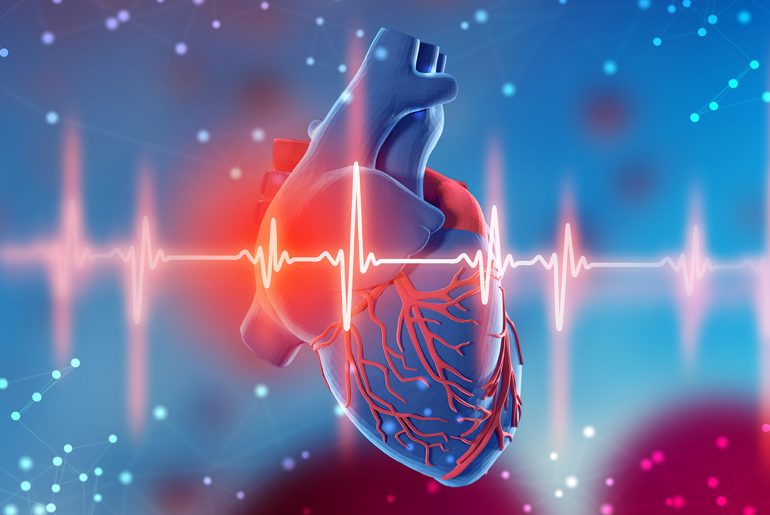
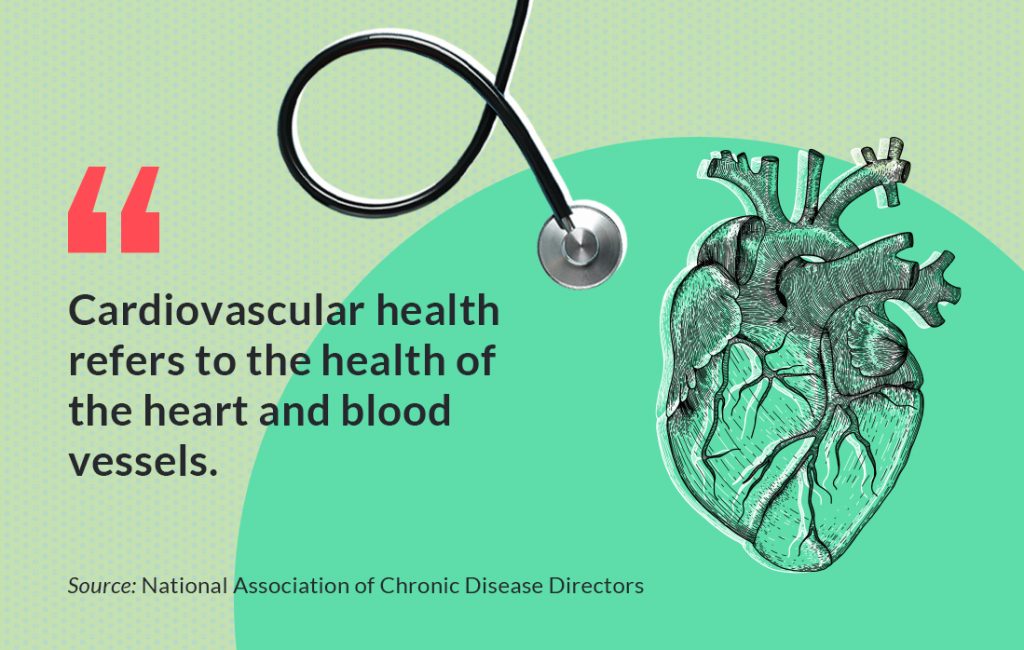
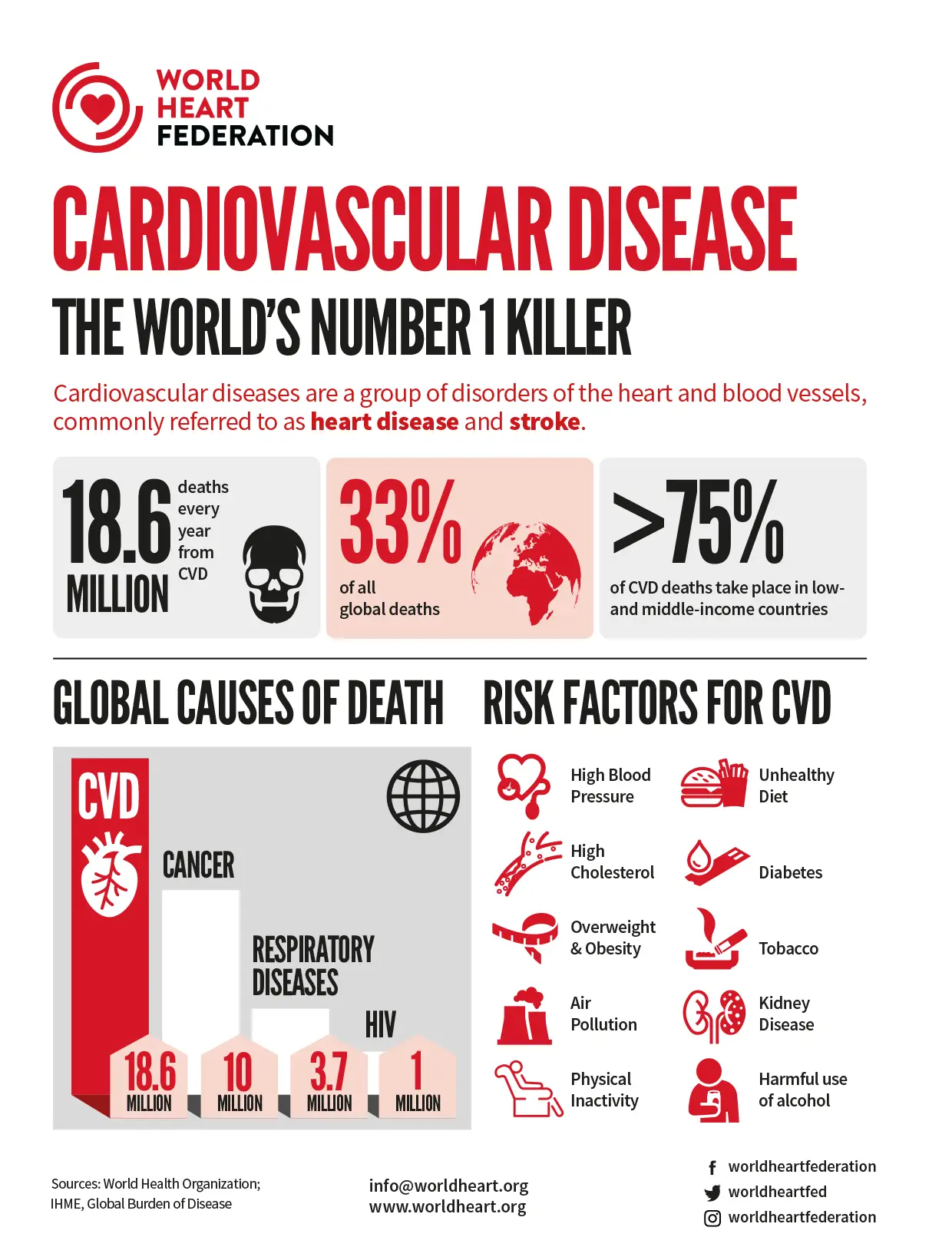
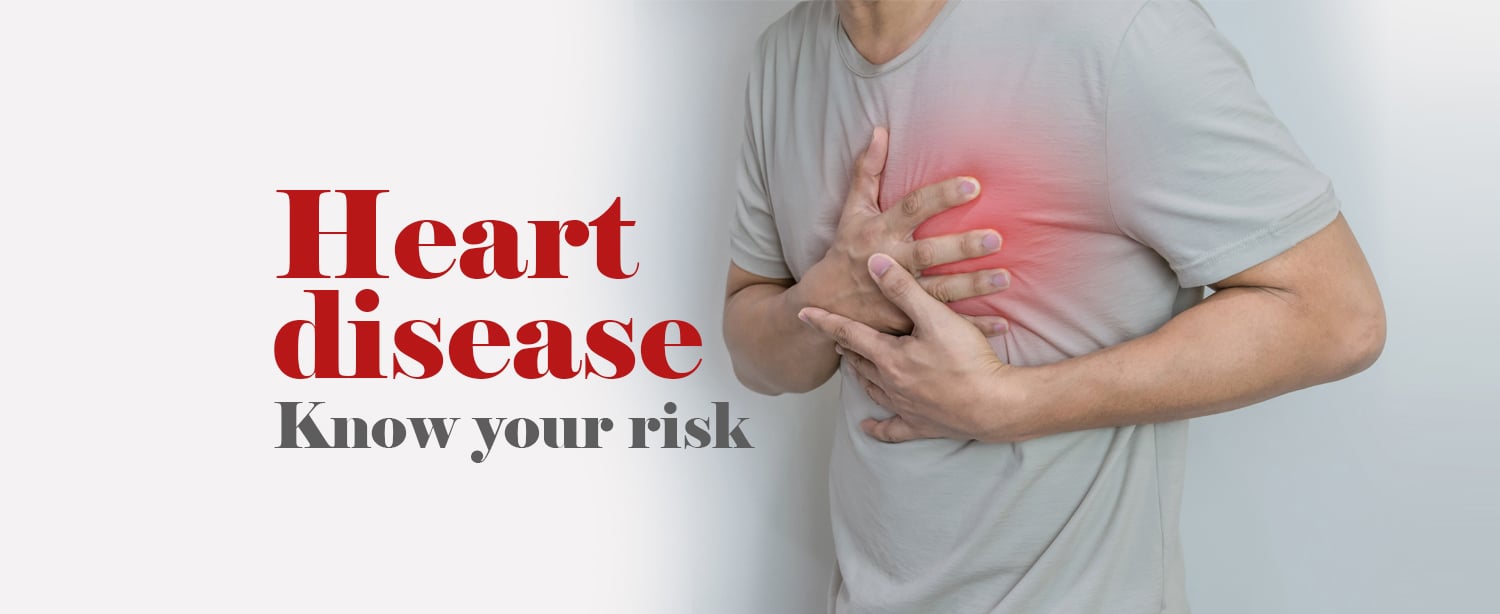




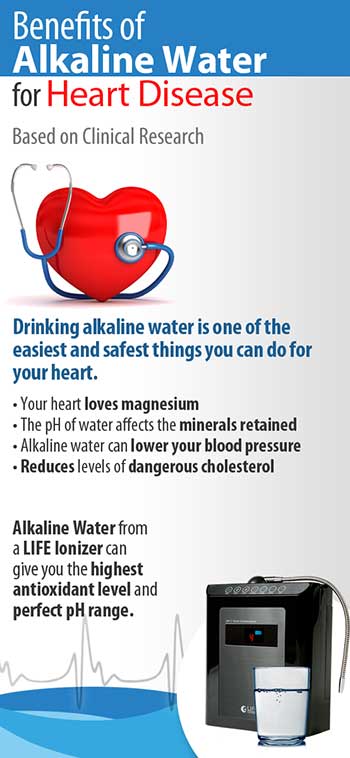

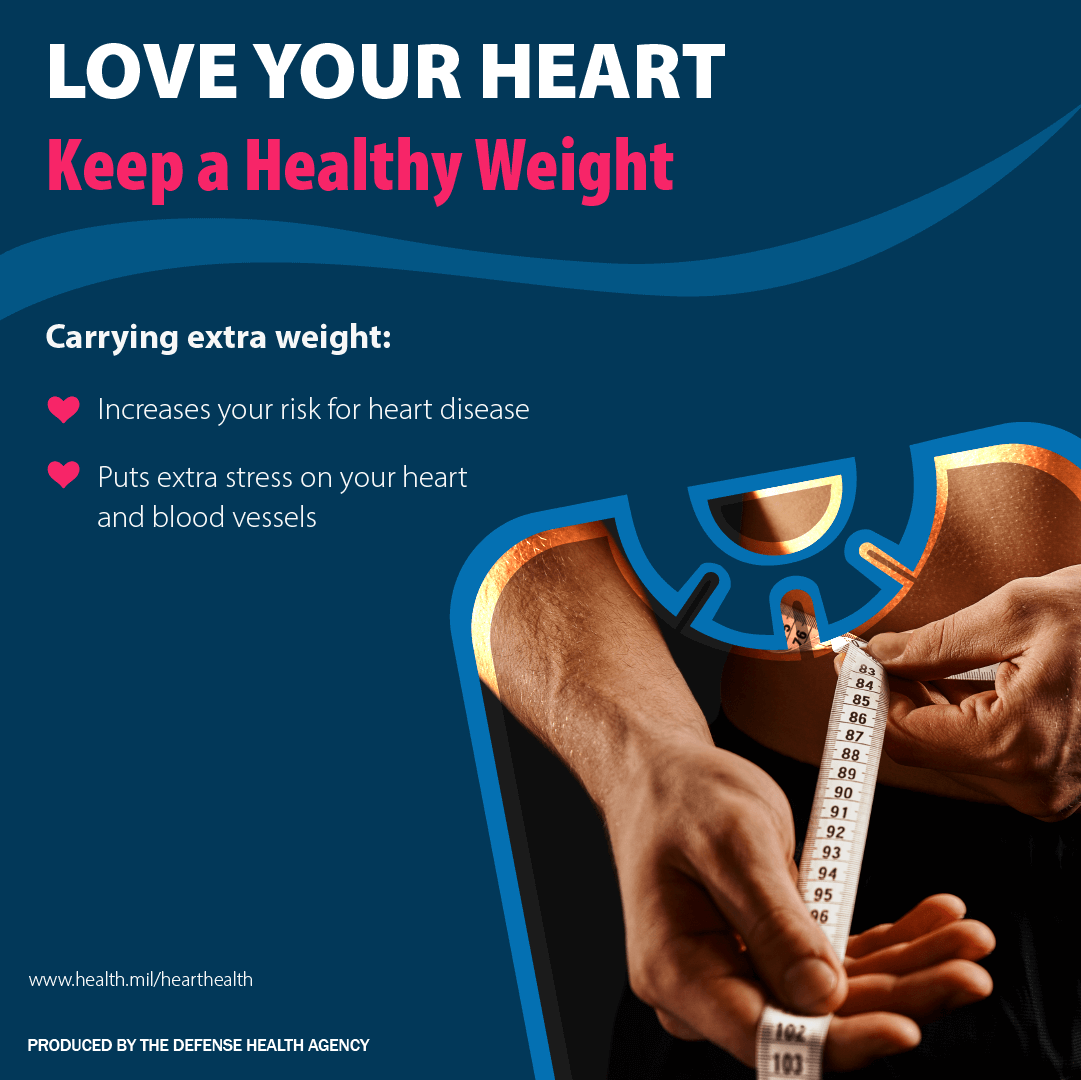
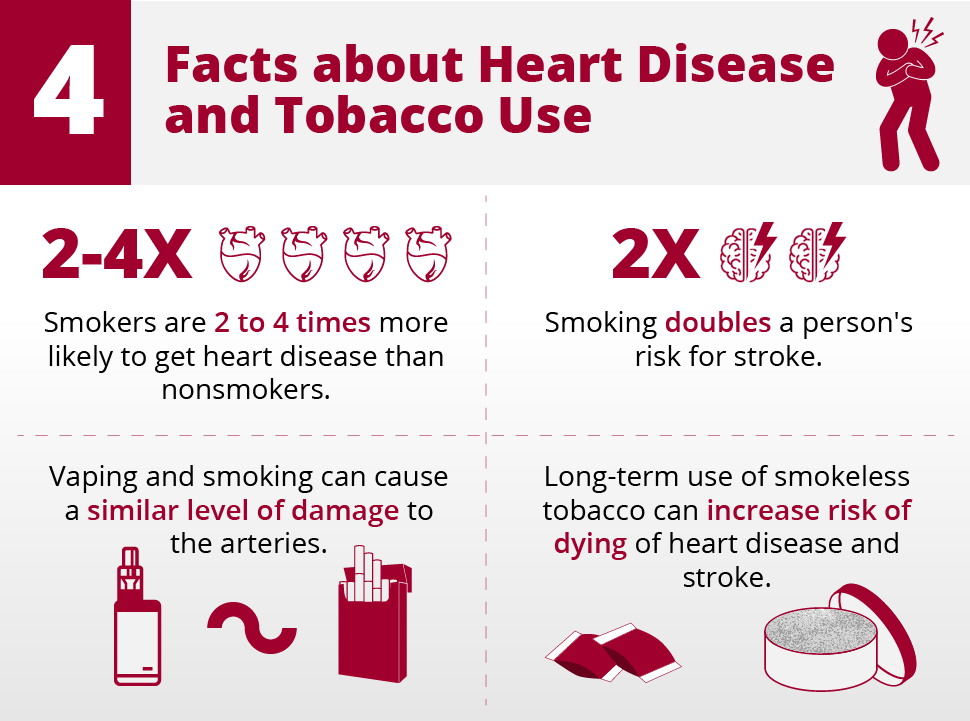





Comments
Post a Comment